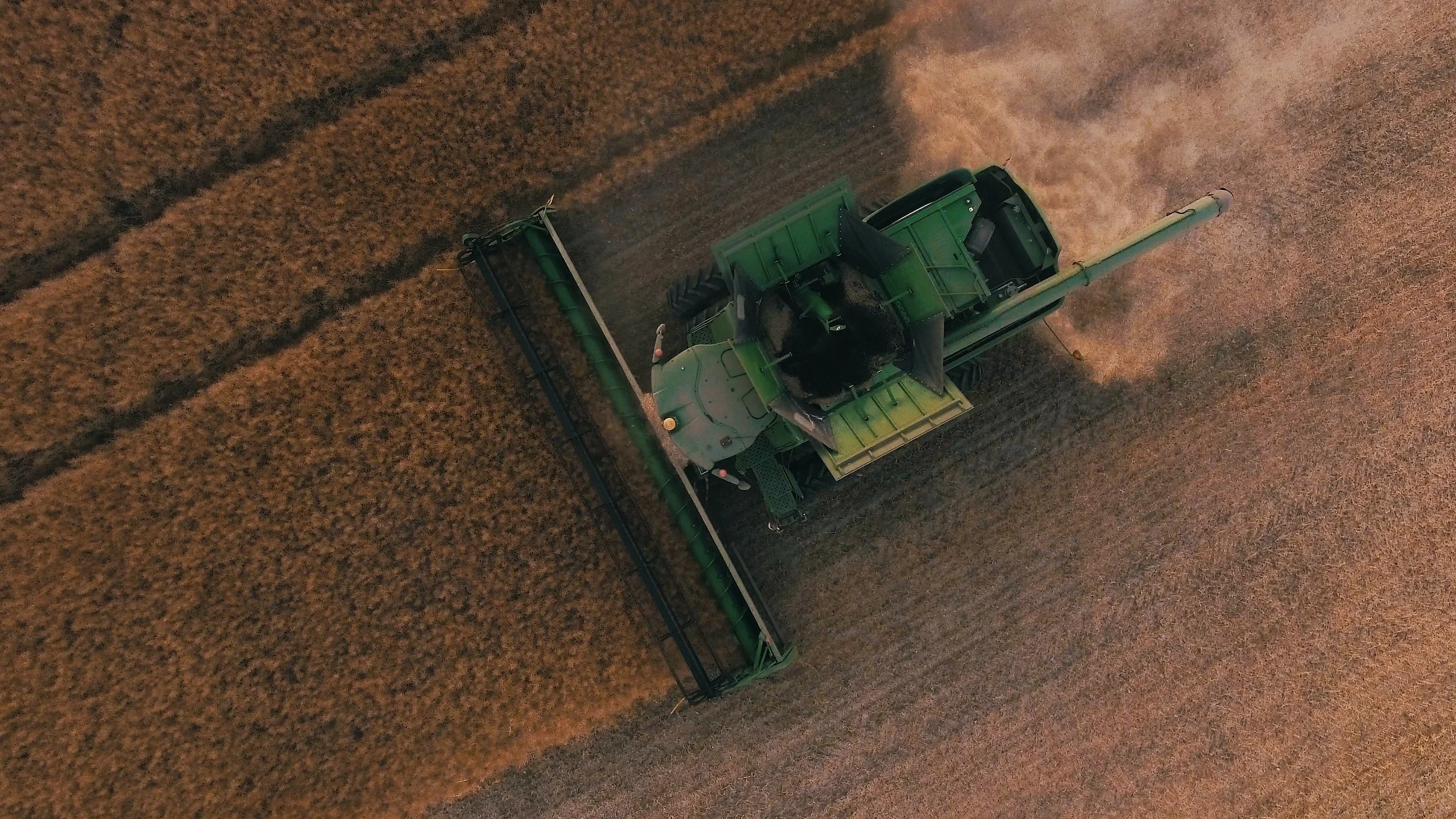Nearly half of Australians pass away without a valid Will, leaving their estate to be divided by strict legal rules. Granich Partners discusses what happens if you die intestate in Western Australia and how a valid Will can ensure your estate is managed according to your wishes
Read MoreAs we age or face unexpected health issues, planning for potential mental incapacity becomes essential. Enduring Powers of Attorney (EPA) and Enduring Powers of Guardianship (EPG) provide vital legal safeguards, ensuring your finances, health, and lifestyle decisions remain in trusted hands if you’re unable to manage them yourself.
Read MoreCourts sometimes appear to preference technical correctness over fairness.
Read MoreIn the typical family trust, there are several significant positions of power.
Read MoreA large portion of a person’s wealth is comprised of assets that will not form part of their estate when they die and cannot be given away or disposed of in their Will. Arrangements need to be made by the deceased to distribute those assets.
Read MoreIn Carey v Robson [2010] NSWCA 212, the Court dealt with a Family Provision Claim against the estate of farmer Frederick Robson, who died leaving farming properties valued at $4.5 million in his Will to his son Alan.
Read MoreThe difference between the two forms of co-ownership is significant from an estate planning point of view because whether or not assets jointly owned form part of the deceased estate will depend on the type of co-ownership.
Read MoreIt is commonly accepted that the trustee of a family discretionary trust who complies with the deed can distribute income and capital amongst the beneficiaries as it thinks fit. However, that may not always be the case, as in one family where two brothers ganged up on their sister.
Read More



















